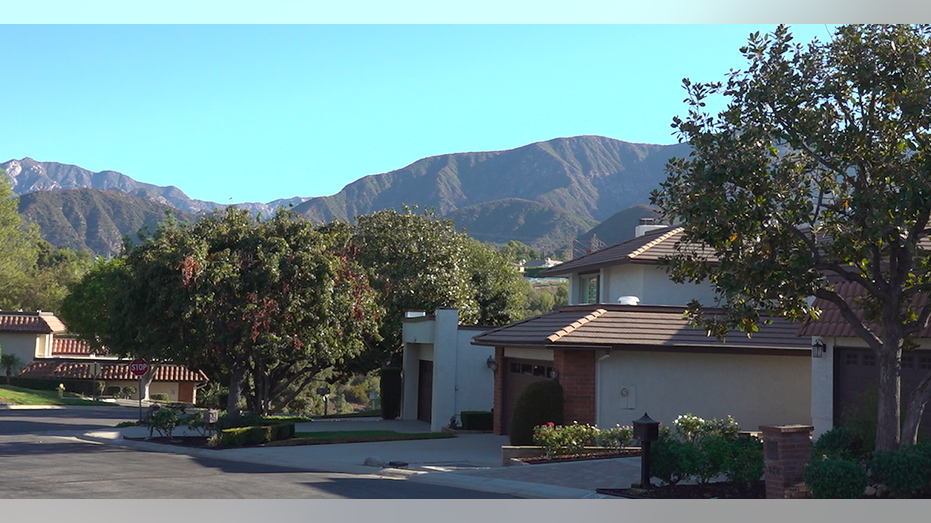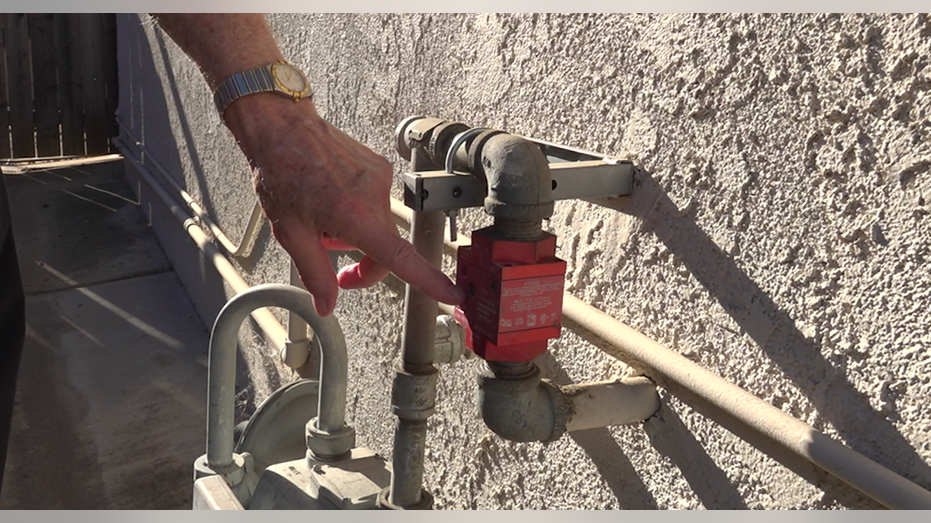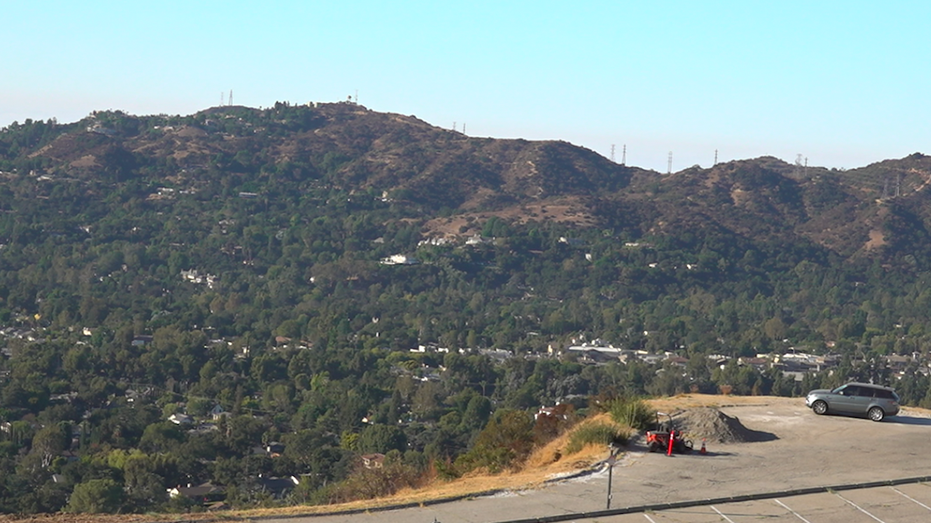Home insurance options shrink amidst natural disasters
Of the top 12 insurance companies in CA, only five are still writing new policies.
Wildfires have burned more than one million acres in California so far this year. That is larger than the entire state of Rhode Island.

Natural disasters like that have insurance companies abandoning some areas entirely, not just in California, but also in states including Texas, Florida, Oregon and Colorado.
"Our premiums more than doubled, but our coverage was cut in half. So, this was the perfect storm of bad," said Steve Archer, president of the HOA for his community in La Cañada Flintridge, California.

A community in La Cañada Flintridge, California. (Sunny Tsai / Fox News)
Archer says folks in his community have tried to protect the area from disaster.
HURRICANE MILTON HAS FLORIDA HOMEOWNERS AND THE INSURANCE MARKET BRACING FOR IMPACT
"We have new roofs on every one of our buildings here. We've done a lot of extensive tree trimming. We have inspected every fireplace …to install spark registers. We've installed seismic shut-off valves that are tripped by an earthquake in order to stop the gas flow," said Archer.

A seismic shut-off valve meant to stop gas flow in case of an earthquake. (Sunny Tsai / Fox News)
Farmers Insurance has covered the community for two decades. But in July, the company called it quits. That left the community scrambling for coverage.
"After an intensive search, we ended up with a California Fair Plan, which is kind of the last resort for people who can't get insurance elsewhere…So our premiums went from 70,000 to 170,000. Our coverage was $45 million -- liability coverage and wildfire insurance for our homeowner's association, common area and our buildings. And…the fair plan has a maximum coverage of 20 million," said Archer.

THE AVERAGE DOWN PAYMENT FOR THE TYPICAL US HOME REACHES $127.750: ZILLOW
This means less coverage for more money.
"We've seen some people's insurance go from $2,000 to $6,000 a year for their homeowner's policy, some to eight. And these aren't big houses. These are kind of normal," said Rick Dinger, president of Crescenta Valley Insurance.
HOME INSURANCE RATES HAVE SURGED NEARLY 40% SINCE 2019 – BUT THEY'RE RISING FASTEST IN THESE STATES
Of the top 12 insurance companies in the state, only five are still writing new policies. One local insurance company blames California’s regulations.

The mountains as seen from a community in La Cañada Flintridge (Sunny Tsai / Fox News)
"Right now there's a ton of regulations for an insurance carrier. If they want to raise the rates, they submit the rates. The Department of Insurance, it can take three years. Well, those rates, they're worthless. But, you know, they're outdated. They're not really where they need to be. And a lot of times, the insurance commissioner would come back and wouldn't give them the rate they need," said Dinger.
GET Gxstocks ON THE GO BY CLICKING HERE

Looking ahead, the National Interagency Fire Center projects parts of Southern California and Texas to have an above normal risk for November.




